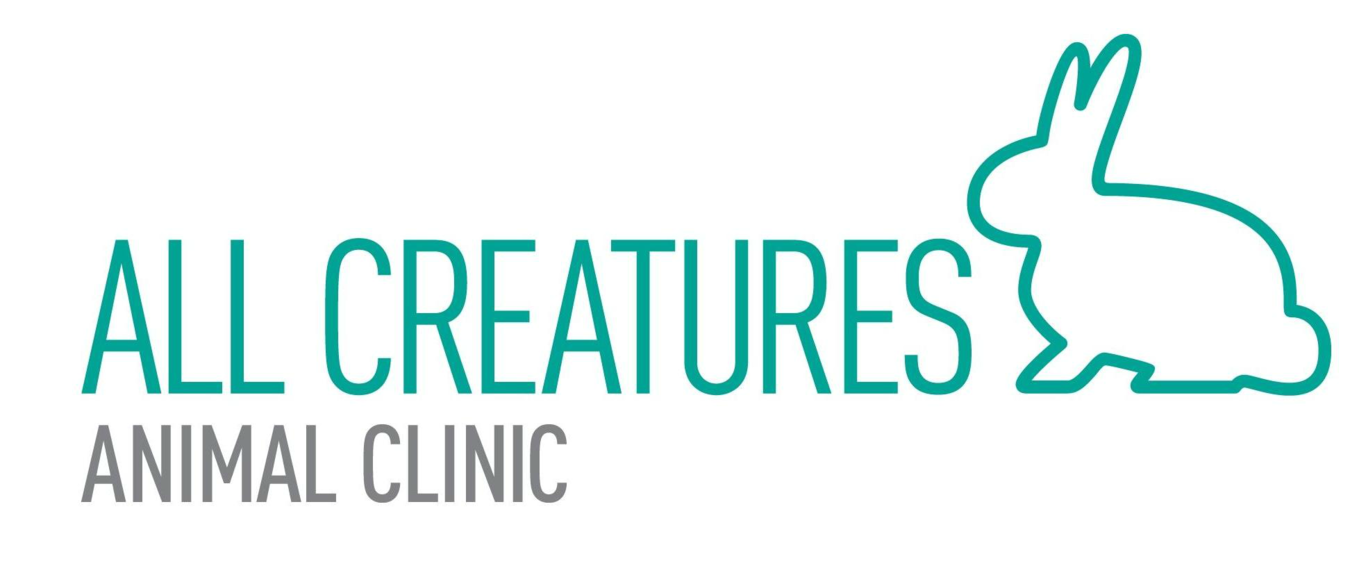Caring for your Chinchilla
Chinchilla (Chinchilla lanigera)
Food
Grass hay (timothy, orchard) should be available at ALL TIMES
Commercial chinchilla pellets can be given along with hay (2-3 tbsp per day)
Chinchillas younger than 4 months of age should receive unlimited access to pellets
Treats should only make up no more than 10% of the total diet
Acceptable treats: Slice of apple/banana/carrot, raisins or dried fruit, veggies such as leaf lettuce, parsley, cilantro, kale (sugary treats should be given sparingly if at all)
Water
Use a hanging water bottle
Change water daily and check that water sippers don't become clogged
Toys
Wooden blocks, paper towel rolls, non-toxic tree branches are good chewing toys
A large exercise wheel with a solid running surface may be provided
Housing
Chinchillas are very active and do best in a large, multi-level cage
Solid flooring (no grates) is necessary for all living spaces
Chinchillas do best when housed singly
Provide a hiding place that can be replaced or cleaned like a plastic igloo or cardboard box
Paper pulp or fleece bedding is appropriate (avoid wood shavings)
Chinchillas do not tolerate heat well and should not be subjected to temperatures over 80F
Dust Baths
Dust baths are essential to maintain coat and skin health
Provide access to a dust bath for 15 minutes 1-3 times per week
Provide a bath that is large enough for a chinchilla to roll around in
Any commercial chinchilla dust is appropriate
Handling and Behavior
The best way to handle a chinchilla is to grasp the base of the tail and rump in one hand and support the chest with the other
Chinchillas rarely bite
NEVER grab a chinchilla by the scruff
Chinchillas enjoy supervised cage-free time in a chinchilla-proofed area
Medical
Dental malocclusion is common-signs include decreased appetite, drooling, lethargy
Signs of respiratory disease- sneezing, nasal and eye discharge and crusts on the front legs
Diarrhea and constipation can occur secondary to inappropriate diet
Chinchillas are prone to overheating
Conjunctivitis (red, irritated eyes) can occur from dental disease or excessive dust exposure
Pet insurance is available through Nationwide Pet Insurance
Resources
All Creatures Animal Clinic: allcreaturesvet.net, 734-973-1884
Nationwide Pet Insurance: www.petinsurance.com

